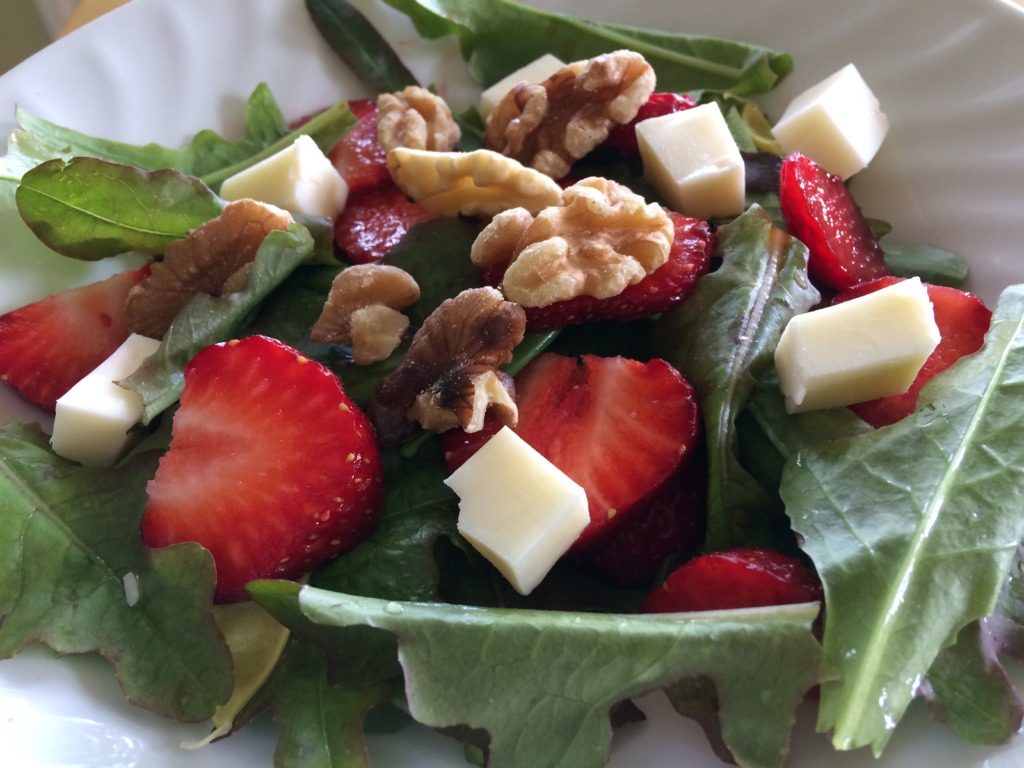

I was born and raised in West Virginia, daughter of a father who grew up on a Tucker County farm and a mother whose roots were on a farm in rural Hampshire county. Growing up, because my Dad worked as a WVU Extension county agricultural agent, we moved around the state, living in Randolph, Calhoun, Braxton, and Tyler counties. In 1975 we moved back to Dad’s farm in Tucker county, where I went to high school (and was the first female member of the Parsons High FFA, or Future Farmers of America).
Both 4-H and FFA provided me with an introduction to agriculture. Before I graduated high school, I’d had experience in raising feeder calves, market hogs, broilers, laying hens, and sheep! Today I live on a part of the farm on Limestone Mountain that has been in my family for multiple generations, raising vegetables, sheep, goats, cattle, and poultry. It is a very small-scale sustenance farm, like my ancestors had, where we mostly grow for ourselves and our families and sell what we have extra of off the farm. The hard work of farming is something I’m familiar with, although I know that those who have farmed full time for a living have it much, much harder–farming full time, and on a commercial basis, is the backbone of the ag industry. I am grateful for those who have been able to farm full time in the Mountain State.
My background as a farmer qualifies me (according to state code) to be Commissioner of Agriculture. But my work as an ag and rural policy researcher (before retiring at age 58) has also been essential in preparing me for this job. After obtaining my bachelor’s from Marshall University, I moved to Maine and completed my MA (in 1990) and Ph.D. (in 1997) at the University of Maine. I was awarded a Fulbright fellowship in 1994, which allowed me to go from Maine to Canada to complete my Ph.D. research. After graduation I ended up spending most of my career at the Nova Scotia Agricultural College (which later became Dalhousie University’s Faculty of Agriculture). At this ag institution (similar to a land grant college) I gained experience managing budgets through my work as Associate Director, and later, as Director of a research center, focused on ag and rural research (2004-2013). My research areas included comparative rural health research (West Virginia-Nova Scotia, Appalachia-Atlantic Canada), rural women’s volunteer work (West Virginia-Nova Scotia), young farmers’ access to capital, and sheep wool value chains, this latter research drawing from older work done in the Potomac Highlands of West Virginia. As a volunteer I presently serve as a board member of Five Rivers Public Library in Parsons, in Tucker County, and as President of the Friends of Mountaintop Public Library, a non-profit whose mission is to support the Mountaintop Public Library that serves the Davis, Thomas and Canaan Valley parts of Tucker County.
Our farmers, large and small, need support. At the same time, the West Virginia Department of Agriculture (WVDA) and its Commissioner have a large role to play in food safety, food distribution programs, and human health in the realm of nutrition. The state WVDA and the USDA need to work hand in hand in these important arenas of plant, animal, and human health and nutrition; my background prepares me for this challenge, as well as working to advocate at the federal level for all West Virginians in terms of food security and sovereignty, and for ALL West Virginia farmers, in terms of working collaboratively with federal, state, and local governments to make sure that there are solid programs developed/maintained to help our farmers get into and stay in business, and to get the technical advice and support they need. Finally, complicated and burdensome regulations and policies create red tape for farmers, making it difficult for them to make a profit. My background in policy, legislative, and regulatory frameworks will aid me in reviewing and eliminating unnecessary, burdensome regulations, and creating the kind of environment that will take us from the current reality of producing only $800 million in-state of the $8 BILLION purchased by West Virginians, to a more sustainable ag sector where West Virginia farmers can make a decent profit, and all West Virginians can access affordable, healthy, and locally or regionally grown food from our farms and farm businesses.